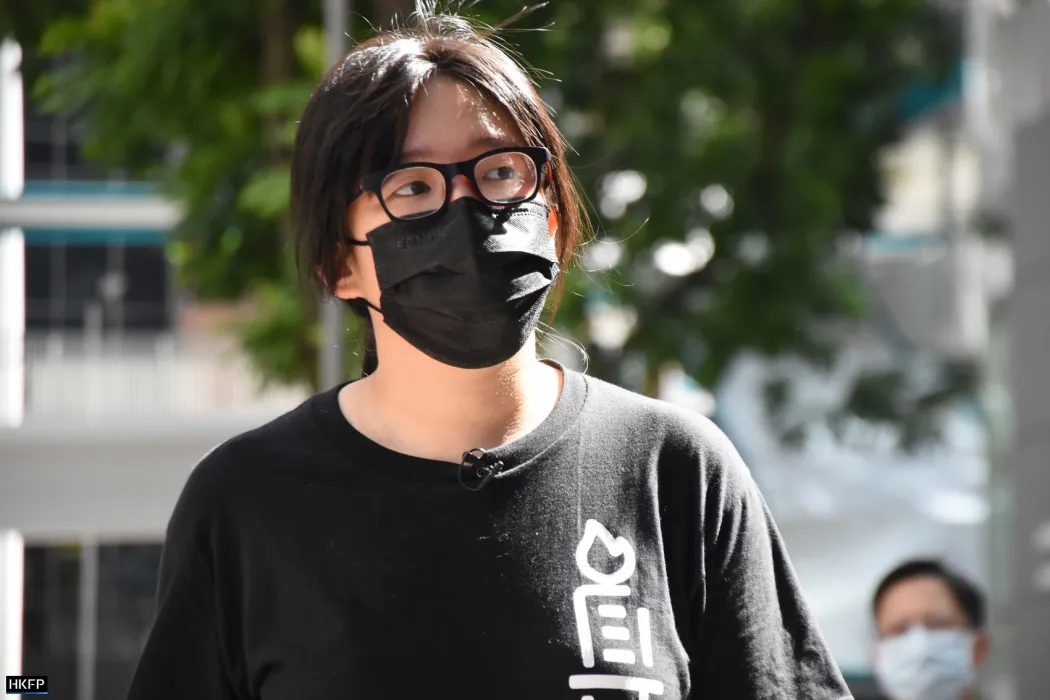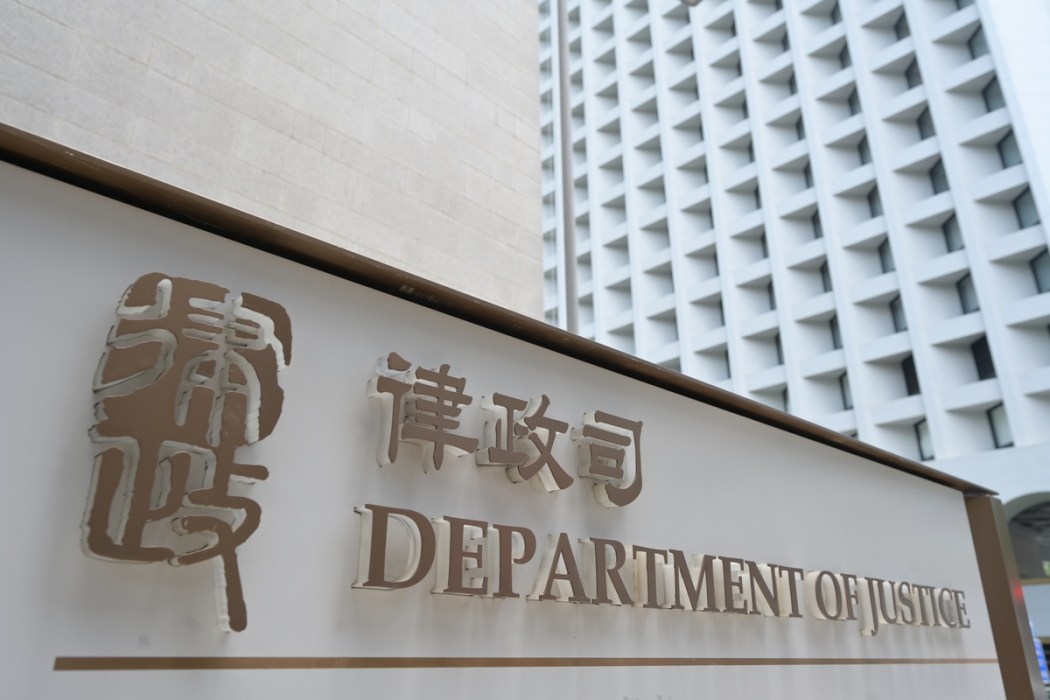The national security case against the defunct organiser of the city’s annual Tiananmen vigil will be tried without a jury, one of the defendants has said.
Three former leaders of the Hong Kong Alliance in Support of Patriotic Democratic Movements of China – Lee Cheuk-yan, Albert Ho, and Chow Hang-tung – stand accused under the Beijing-imposed national security law of alleged incitement to subversion.

A post from Chow’s Facebook page on Sunday evening said that “not surprisingly,” she had received a certificate from the secretary for justice, dated December 1, “demanding” that the case be tried without a jury.
According to Chow’s post, the justice secretary listed three reasons for a non-jury trial: “involvement of foreign factors in the case, protection of personal safety jurors and their family members, and/or if the trial is to be conducted with a jury, there is a real risk that the due administration of justice might be impaired.”
The barrister and former vice chairperson of the Alliance has been remanded in custody since September last year. During that time, she has been sentenced to prison over two banned Tiananmen vigils.
Before disbanding following a members’ vote in September last year, the Alliance organised the city’s annual candlelight vigils commemorating victims of the Tiananmen crackdown.
It is estimated that hundreds, perhaps thousands, died when the People’s Liberation Army was deployed to crack down on protesters in Beijing, ending months of student-led demonstrations in China on June 4, 1989.

The DoJ told HKFP on Monday that they would not comment on ongoing cases, but also said that the secretary for justice would determine on a case by case basis whether to instruct certain cases to be tried with no jury.
The arrangement of having a panel of three judges aimed to ensure fair trial, and would not harm the defendants’ rights, the department said.
Trials at the High Court are usually heard by a jury. However, under the national security law a jury can be excluded for reasons such as the need to protect state secrets or the safety of members of the jury and their families.
So far, no national security cases have been heard by a jury at the High Court. Tong Ying-kit, the city’s first person prosecuted under the security legislation, was convicted by a panel of three judges.

The case against Lee, Ho, and Chow, as well as the defunct group, was transferred to the High Court in September, where the highest penalty for incitement to subversion is 10 years imprisonment.
The national security law, enacted in June 2020, also criminalised secession, collusion with foreign forces and terrorist acts, which were broadly defined to include disruption to transport and other infrastructure.
The move gave police sweeping new powers, alarming democrats, civil society groups and trade partners, as such laws have been used broadly to silence and punish dissidents in China. However, the authorities say it has restored stability and peace to the city.
Support HKFP | Policies & Ethics | Error/typo? | Contact Us | Newsletter | Transparency & Annual Report | Apps
Help safeguard press freedom & keep HKFP free for all readers by supporting our team
























